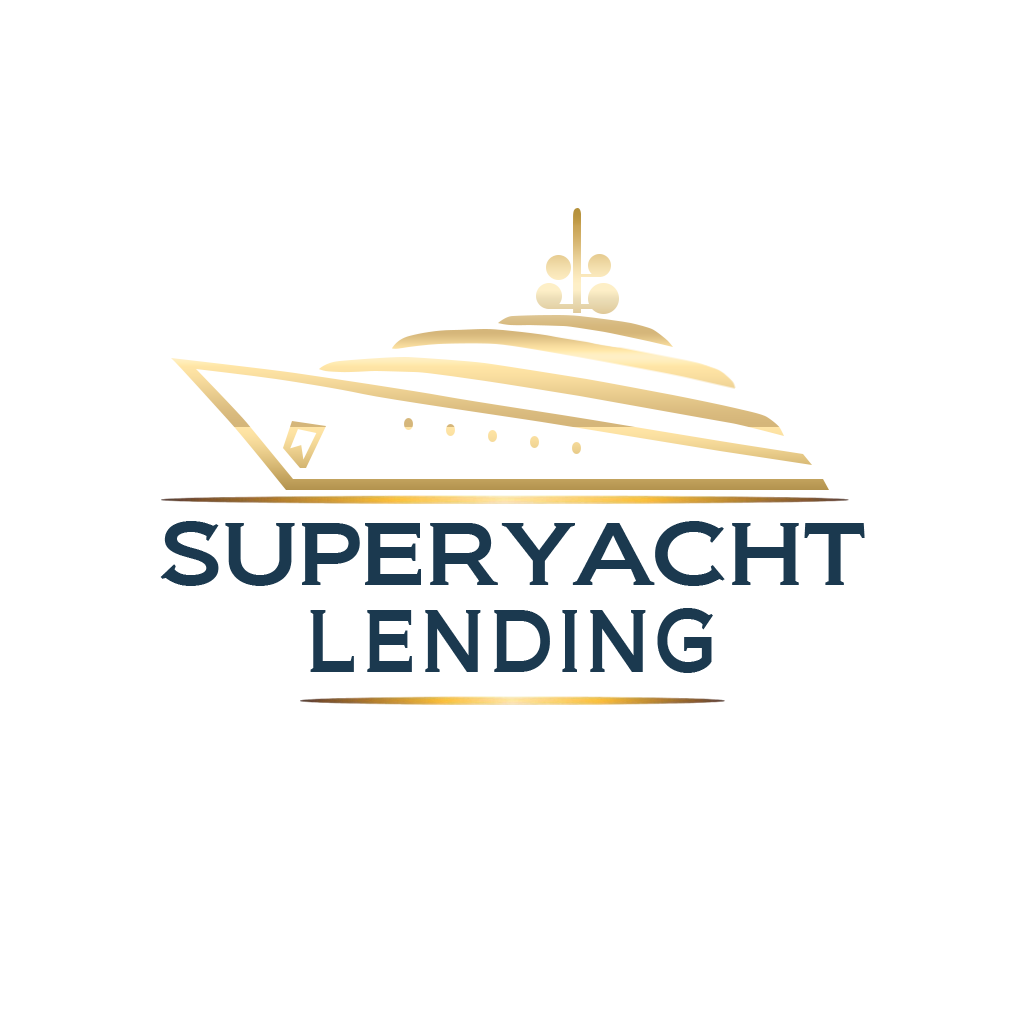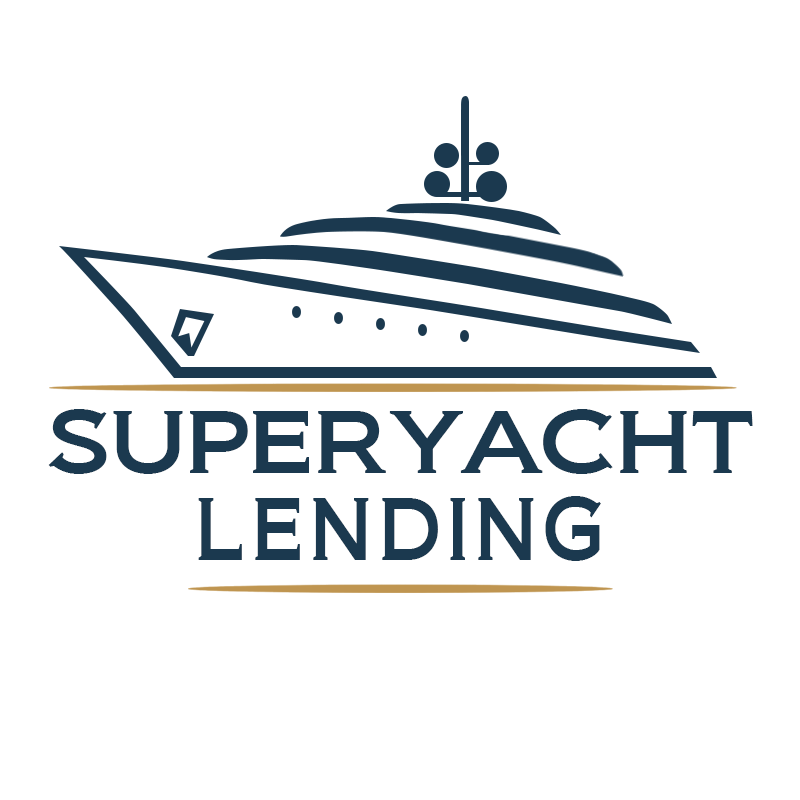Structuring Yacht Lending: A Comprehensive Guide

Understanding Yacht Lending
What is Yacht Lending?
Yacht lending refers to specialized financing options available for purchasing a yacht. Unlike traditional loans, yacht loans are tailored to the unique needs of marine purchases, including variable interest rates, extended loan terms, and collateral-based agreements.
Importance of Financing for Yacht Buyers
Yachts are a significant investment, often costing hundreds of thousands to millions of dollars. Financing allows buyers to afford their dream vessel without depleting their cash reserves. Properly structuring yacht lending ensures manageable payments and long-term financial stability.
How Yacht Loans Differ from Other Types of Loans
Yacht loans differ from auto and home loans in several ways:
- Longer loan terms (often 10–20 years)
- Higher down payment requirements
- Unique insurance and tax implications
- Collateral requirements based on yacht value
Key Components of Yacht Lending
Loan Amounts and Terms
Yacht loan amounts can range from $100,000 to $10 million, with repayment terms spanning 10–20 years. The length of the loan impacts monthly payments and total interest paid.
Interest Rates and Factors Affecting Them
Interest rates for yacht loans depend on several factors:
- Credit score – Higher scores result in lower rates.
- Loan term – Shorter terms typically have better rates.
- Market conditions – Interest rates fluctuate based on the economy.
Down Payments and Loan-to-Value (LTV) Ratio
Most yacht lenders require a down payment of 10-30%. The Loan-to-Value (LTV) ratio determines the percentage of the yacht’s value that can be financed. A lower LTV ratio means a stronger loan application.
Types of Yacht Loans Available
Fixed-Rate vs. Variable-Rate Loans
- Fixed-Rate Loans – Interest rate remains the same throughout the loan term.
- Variable-Rate Loans – Interest rates fluctuate with market changes.
Secured vs. Unsecured Yacht Loans
- Secured Loans – The yacht itself is used as collateral.
- Unsecured Loans – No collateral required, but higher interest rates apply.
Balloon Payment Loans
These loans offer lower monthly payments but require a large lump sum at the end of the term. They work well for buyers expecting a financial windfall.
Marine Mortgages
A marine mortgage allows buyers to use their yacht as collateral, often resulting in better loan terms.
How to Qualify for a Yacht Loan
Credit Score Requirements
A credit score of 700 or higher is recommended for the best yacht loan terms. Lower scores may still qualify but will come with higher interest rates.
Income and Financial Stability
Lenders assess debt-to-income (DTI) ratio, employment history, and overall financial health to determine loan eligibility.
Collateral and Asset Verification
Lenders may require proof of assets and additional collateral to secure high-value loans.
Best Practices for Structuring a Yacht Loan
Choosing the Right Lender
Compare multiple lenders specializing in marine financing. Look for competitive rates and flexible repayment options.
Negotiating Loan Terms
- Ask for lower interest rates.
- Inquire about early repayment options.
- Request waivers on unnecessary fees.
Understanding Fees and Additional Costs
Expect costs like loan origination fees, documentation fees, and marine surveys.
Tax Considerations for Yacht Financing
Some yacht loans qualify for tax deductions if the yacht is considered a second home.
Common Challenges and How to Overcome Them
High-Interest Rates and How to Reduce Them
- Improve your credit score.
- Provide a larger down payment.
- Shop around for the best lender.
Risks of Balloon Payments
Ensure you have a financial plan to cover the lump sum due at the end of the loan term.
Managing Depreciation and Resale Value
Purchase a well-maintained yacht with strong resale value to minimize depreciation risks.
Finalizing the Yacht Loan
Loan Approval Process
Lenders evaluate financial documents, perform credit checks, and conduct a yacht appraisal before approving a loan.
Closing Costs and Documentation
Closing costs range from 2-5% of the loan amount, covering fees, insurance, and registration.
Insurance Requirements for Yacht Loans
Comprehensive insurance is typically required to protect the lender’s investment.
Frequently Asked Questions (FAQs)
What credit score do I need for a yacht loan?
Most lenders require a credit score of 700 or higher, though some approve loans for scores as low as 650.
How long are typical yacht loan terms?
Yacht loan terms range from 10 to 20 years, depending on the loan amount and lender policies.
Can I get a yacht loan with bad credit?
Yes, but expect higher interest rates and larger down payments if your credit score is below 650.
Are there tax benefits to yacht ownership?
If the yacht qualifies as a second home, interest payments may be tax-deductible.
What happens if I default on my yacht loan?
The lender may repossess the yacht and sell it to recover losses.
Is yacht financing available for used yachts?
Yes, but lenders often require a marine survey to assess the yacht’s condition.
Conclusion
Structuring yacht lending requires careful planning, financial preparation, and a deep understanding of loan options. By choosing the right lender, negotiating favorable terms, and ensuring financial stability, buyers can secure the best yacht financing and enjoy their investment for years to come.



